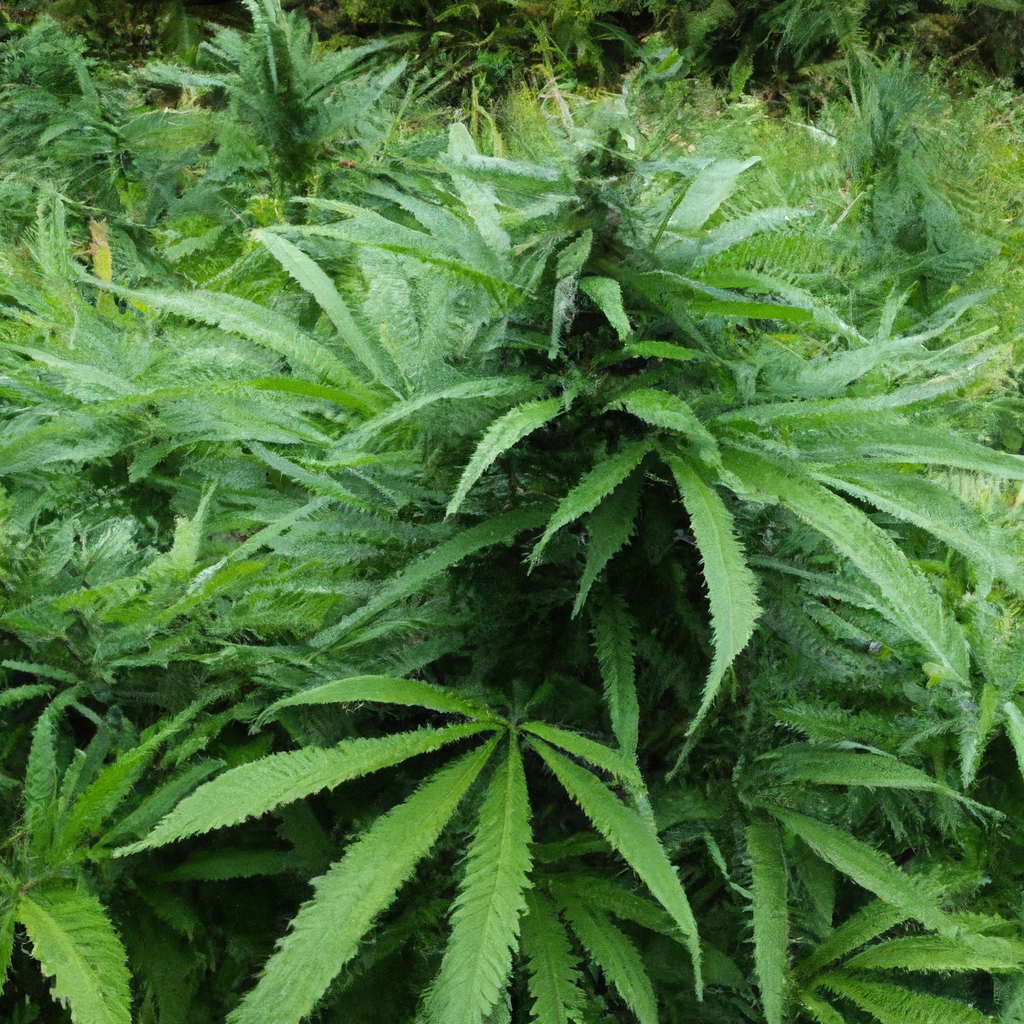Your cart is currently empty!
As the cannabis industry grows, so does the interest in organic cultivation methods that are not only beneficial for the environment but also appealing to health-conscious consumers. This article delves into the best practices for cultivating cannabis organically, focusing on natural fertilizers, compost, pest control, and building a sustainable soil ecosystem.
Introduction: Why Choose Organic Cannabis?
Organic cannabis cultivation offers significant advantages, including improved soil health, reduced environmental impact, and cleaner, more aromatic buds. By embracing organic methods, growers can ensure their crop is free from synthetic chemicals, aligning with consumer demands for natural products. Let’s explore how to get started.
Building Healthy Soil Ecosystems
A thriving soil environment is fundamental to organic cannabis cultivation. Healthy soil is rich in organic matter and beneficial microbes that support plant growth. Here’s how to create and maintain a vibrant soil ecosystem:
- Compost: Incorporate well-decomposed compost to enrich the soil with essential nutrients. Regularly turned compost ensures even nutrient distribution.
- Cover Crops: Grow cover crops like clover or rye to naturally fix nitrogen and prevent soil erosion.
- Mulching: Apply organic mulch such as straw or wood chips to retain moisture and encourage microbial activity.
Natural Fertilizers for Optimal Growth
Organic fertilizers nourish cannabis plants without harming the ecosystem. Here are some effective options:
- Manure: Preferably from herbivorous animals, manure adds nutrients while improving soil texture.
- Fish Emulsion: Provides a quick nutrient boost rich in nitrogen and is gentle on plants.
- Seaweed Extract: Abundant in trace minerals and growth hormones, enhancing plant resilience.
Natural Pest Control Strategies
Organic pest management involves preventative measures and biological controls that minimize harm to pests’ natural predators:
- Companion Planting: Use aromatic plants like basil or marigold to deter pests.
- Beneficial Insects: Introduce ladybugs or predatory mites to control aphids and spider mites.
- Neem Oil: A natural pesticide that disrupts pest life cycles without affecting pollinators.
Conclusion: The Benefits of Organic Growing
Organic cannabis cultivation not only promotes sustainability but also results in a finished product that is free from chemical residues and boasts superior aroma and flavor. By focusing on natural fertilizers, healthy soil ecosystems, and eco-friendly pest management, growers can produce cannabis that is beneficial for both the environment and consumers.
Incorporating these organic practices rewards growers with thriving plants and satisfied consumers who can trust in the quality of their cannabis.
Discover how to transform your cannabis cultivation with natural methods and join the movement towards a more sustainable future.
Discover more from Magic Clones
Subscribe to get the latest posts sent to your email.


Leave a Reply